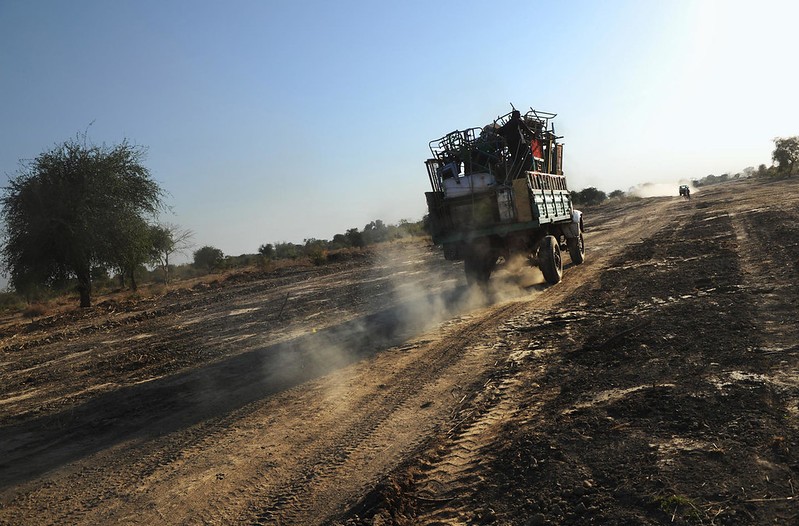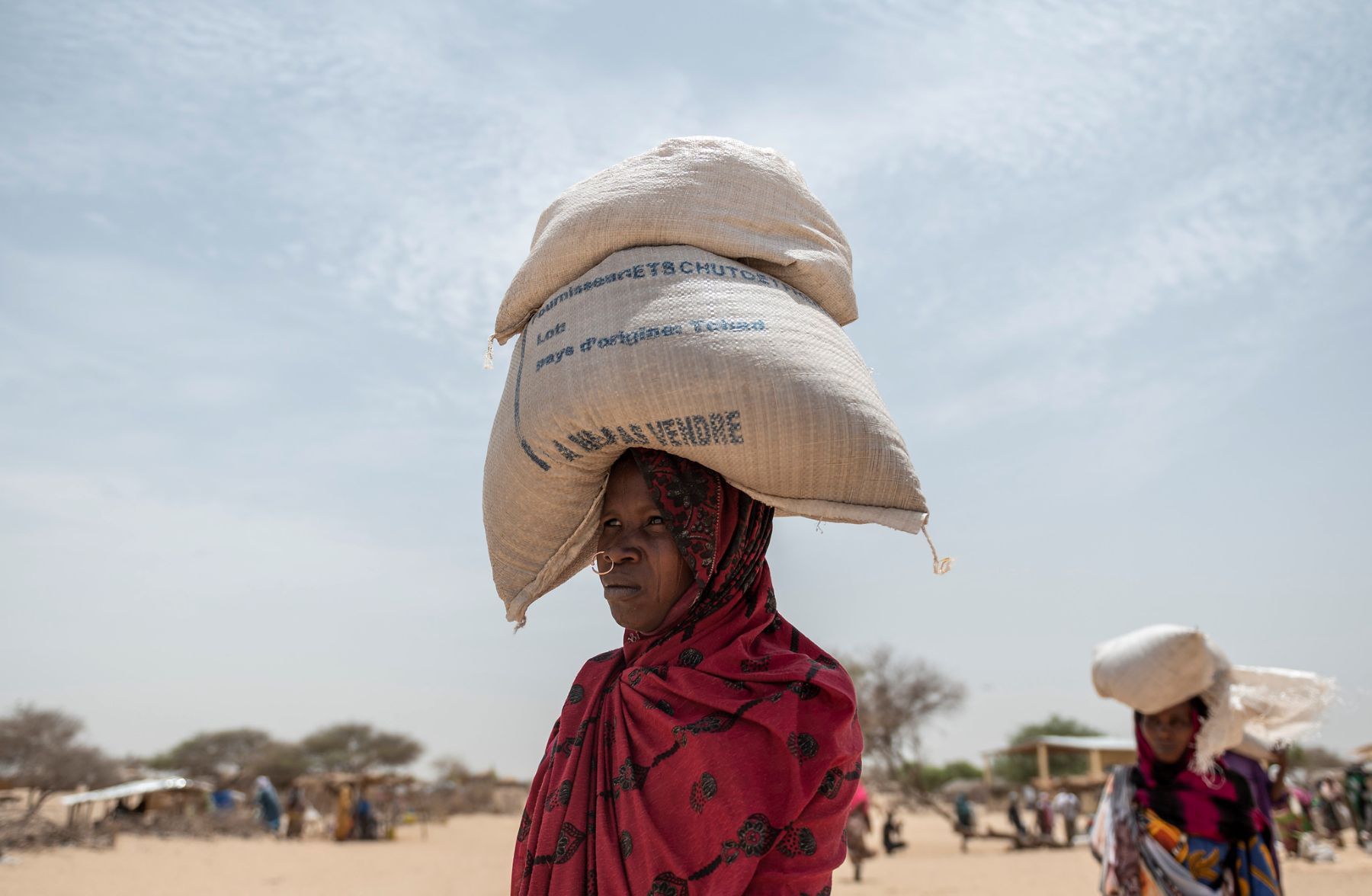Human rights, a strong civil society, and independent media are cornerstones of open societies. However, threats to human rights are escalating worldwide, especially since the start of the COVID-19 pandemic. Only three percent of the world’s countries today have a safe and open civil society space. To better inform decision-making in these areas, 3ie is developing Evidence Gap Maps (EGMs) on each of these three topics.
The human rights, civil society, and independent media maps are part of six EGMs that the United States Agency for International Development (USAID), Center of Excellence on Democracy, Human Rights, and Governance (DRG Center) has commissioned from 3ie and NORC at the University of Chicago. All six EGMs correspond to the DRG Center’s program areas under their Foreign Assistance Framework, namely: rule of law, human rights, civil society, independent media, political competition and consensus building, and good governance.
3ie’s EGMs are thematic collections of information about impact evaluations and systematic reviews that measure the effects of international development policies, projects, and programs. They present a visual overview of existing and ongoing effectiveness studies or reviews in a sector or sub-sector in terms of the types of interventions evaluated and the outcomes measured. Both quantitative and qualitative methods could be used for that purpose.
We are working to produce these maps over the course of two years. By the end of 2021, we expect to present the findings of the rule of law, human rights, civil society, and independent media EGMs.
Human rights
Conceptualizing human rights is a challenging task. One challenge we find is that many countries do not have a well-developed set of civil, cultural, economic, political and social rights in their national constitutions, or they prioritize some rights over others. Achieving adequate enjoyment of human rights requires uniform access to basic needs, especially for historically marginalized groups. One example is the additional barriers women face compared to men. Racial, ethnic, and religious minority groups worldwide have also experienced an upsurge in discrimination, hatred, and violence over the past years, according to United Nations Human Rights Council. What is needed to overcome these critical barriers is a stronger evidence base that the human rights framework can produce tangible and substantial dividends.
Collecting evidence on which intervention mechanisms in securing people’s rights are rigorously evaluated will provide a useful tool for stakeholders to identify, review, and learn from existing studies of human rights interventions in low and middle-income country (LMIC) settings. It will also promote the integration of human rights in development, humanitarian and business activities.
Strengthening civil society
Formal and informal civil societies have a crucial role in maintaining an open society, building up democracy, and supporting the rule of law. Research shows that in many places civil society’s space is restricted due to violence, arrest, repressive laws, bureaucratic red tape to silence or intimidate critics, and restrictions on foreign funding for civil society. Furthermore, civil society faces increasing demand from donors to demonstrate an evidence-informed theory of change and adopt a rigorous monitoring and evaluation system.
Our map will include impact evaluations and systematic reviews that evaluate interventions to strengthen civil societies in LMICs — such as training, support to create partnerships, conduct research, or financial assistance. Although qualitative and observational evidence is available on a wide range of civil society interventions and outcomes, much of the evidence does not establish impact. Further, there is no comprehensive systematic map to piece these findings together and make sense of them.
Independent media and free flow of information
Independent media is crucial to maintaining a healthy democracy, human rights, and sustainable development by holding the government accountable and guaranteeing open and free access to information. A free and independent media can help curb corruption by playing an important role in improving government accountability and transparency.
We will look at interventions to strengthen independent media in LMICs such as policies to increase access to information and freedom of speech, support to guarantee the safety of journalists, training on specific professional skills for journalists, and support to establish independent media outlets. We will also include some interventions categorized as ‘communication for development’, in particular where the media is used to convey messages to foster democratization or peace.
If you know of relevant studies that will make the Human Rights, Civil Society, and Independent Media EGMs more comprehensive, please share them with us!
We already have many relevant studies to include in these EGMs and you can help us identify more. We are looking for published and unpublished (working papers/grey literature) impact evaluations and systematic reviews. The Human Rights, Civil Society and Independent Media protocols we have developed provide more details about the intervention/outcome frameworks and inclusion criteria for each EGM.
In addition to the traditional experimental and quasi-experimental impact evaluations, we will also include some qualitative study designs that aim to establish the causal impact of the intervention, such as realist evaluations, contribution analyses, process tracing, contribution tracing, qualitative impact assessment protocols, general elimination methodologies, qualitative comparative analyses, and outcome harvesting. If you are aware of any study that uses these methodologies to evaluate one of the interventions in our protocols, please share them with us!
Please send your submissions for civil society and independent media to Miriam Berretta (mberretta@3ieimpact.org) and for human rights to Tomasz Kozakiewicz (tkozakiewicz@3ieimpact.org). We will accept studies until 13 August 2021.









Do you have any idea when these EGM's will be published?